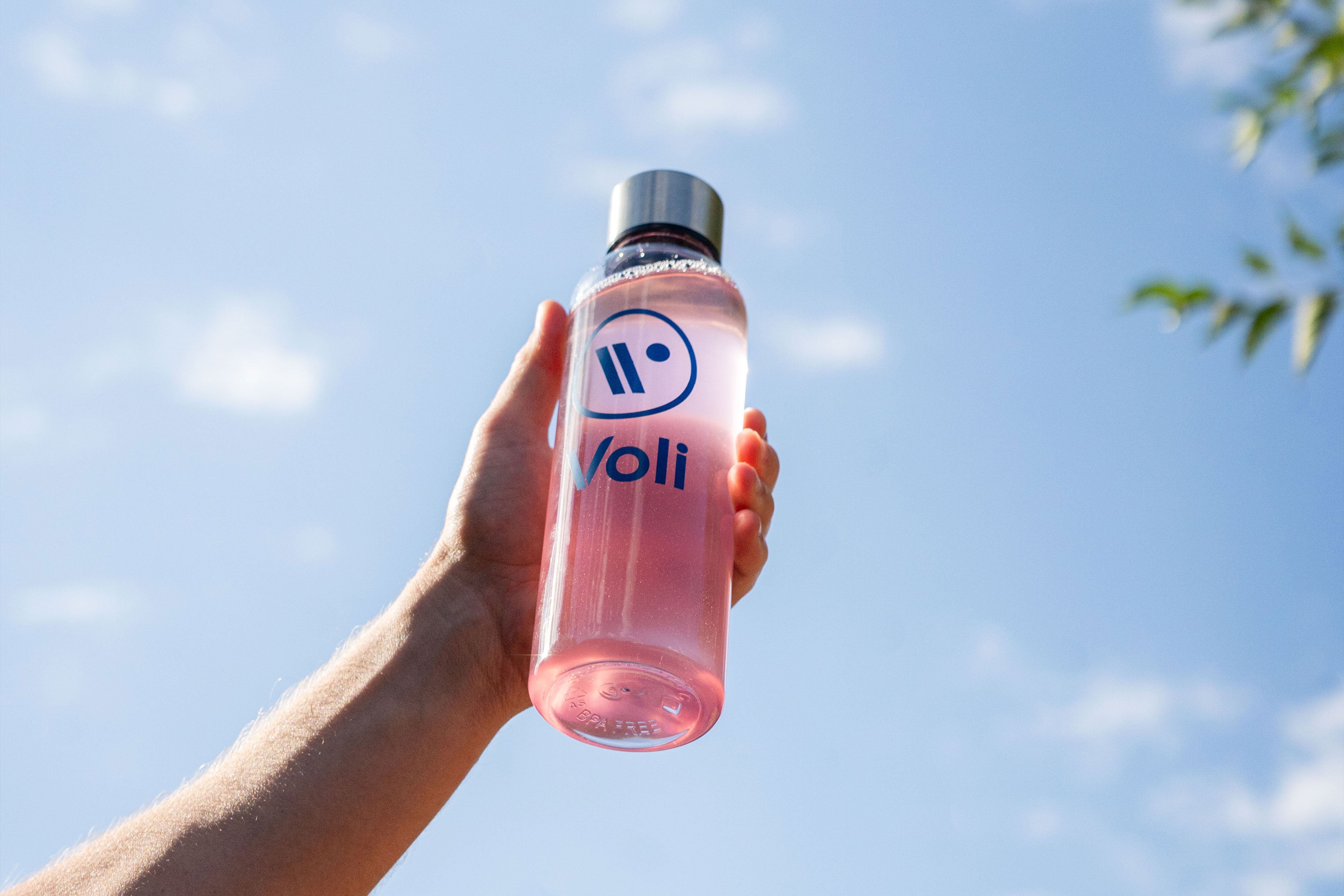Metabolize This:
When metabolism is discussed in conversation it is usually partnered with the words “fast” or “slow.” It is also common for older folks to reminisce or envy the metabolism of their children or grandkids. They say things like, “When I was your age I could eat a pint of ice cream every day and not gain a pound.” When we hear that someone has a “fast metabolism” we usually think they are lucky because they can behave like a glutton and not put on weight. When we hear “slow metabolism” we think that someone is cursed and must eat like a mouse in order to not gain weight.
What is metabolism?
Simply put, metabolism is the chemical process in which your body converts food and beverages into energy. Essentially everything we eat is broken down by the digestive system to be used or stored as fuel. Proteins are broken down into amino acids, fats into fatty acids and carbs into glucose. Once the nutrients are in their simplest form, the body can use them immediately or store them for a later time.
How does metabolism work?
At any given time your metabolism can be working in two different states.
Anabolism (GROWING): When you hear the word anabolism it is easiest to think of it as growing or building. When you are in an “anabolic state” it means that your body is combining small molecules to make larger ones. It is going through processes such as cellular repair and protein synthesis (muscle growth). More importantly, it means that the body is storing energy for later use. For example, glycogen in the liver and muscle tissue. During an anabolic state any excess sugar in the bloodstream will be stored as body fat. If you are curious to know how the body uses sugar and fat, check out our blog. There are several hormones in the body that promote growth. Bodybuilders and athletes sometimes take anabolic steroids to help keep them in this state of construction and growth. In order for the body to enter this state it needs to have nutrients from food and healthy endocrine (hormone) function. The major hormones that play a role are testosterone, estrogen, cortisol, insulin, progesterone, and thyroid hormone.
Catabolism (SHRINKIN): try not to confuse this word with cannibalism, but in a sense it is a similar concept. When you are in a “catabolic state” you are not eating others, however you are eating yourself. In this state your body is converting large molecules into smaller ones. It is breaking down stored energy to be utilized as instant fuel for cells. This state usually occurs as a result of exercise or when the body is fasted for more than 4 hours. It is during this time that the body is using stored fat and glycogen to stay alive. People who are trying to build muscle are instructed to eat every 2-3 hours. This is because it prevents them from entering a catabolic state. When a person is in a caloric deficit, meaning that they are burning more calories than what they have eaten, the body will spend more time in a catabolic state.
The Unfortunate Metabolic Reality
The truth about metabolism can be relatively frustrating. When we speak about slow or fast metabolisms we like to think that our age, gender or genetics are the major contributing factors to how many fatty rolls or ripples we have on our body. Although these variables do play a significant role, metabolism and body composition (fat to muscle ratio) can be looked at from a much more analytical perspective. When you piece together the entire equation, it comes down to how much you eat vs how much you burn. You could have the slowest metabolism on planet earth, but if you ate fewer calories than what your body burned, you would continue to lose weight. Instead of dwelling over the speed of our metabolism it is better to understand the factors that influence it.
Basal Metabolic Rate (BMR)
A BMR is calculated to better predict how many calories an individual burns at rest. If you have a rough estimate of how many calories you will use just sitting on the couch all day, then you can more effectively plan your diet to achieve your weight goals. If you would like to calculate your BMR, I recommend using an online BMR calculator. You can also follow a standardized equation to achieve a rough estimate. It is important to remember that a calculated BMR is not an absolute or precise value, it is merely a tool that can help you to understand how many calories you should eat on a daily basis.
Men: BMR = 88.362 + (13.397 x weight in kg) + (4.799 x height in cm) – (5.677 x age in years)
Women: BMR = 447.593 + (9.247 x weight in kg) + (3.098 x height in cm) – (4.330 x age in years)
10 Take Away Bullets
- Muscle requires more calories and energy to maintain than fat. More muscle usually equates to a faster metabolism.
- If you have a lot of muscle mass you can eat more than someone with less muscle who is the same height and weight, without gaining fat.
- If you want to lose fat you have to learn to live in a catabolic state. You must allow your body to burn its own fat stores.
- Body type, age, gender and genetics play a role in how many calories you burn. With that being said if you understand your BMR, then metabolic speed shouldn't be a limiting factor in achieving your goals.
- (Caloric intake) - (BMR) + (calories burned during exercise)= Weight gained or lost.
- One pound is equal to 3500 calories.
- It is more difficult to get fat at a young age because the body utilizes a lot of calories as it grows and matures.
- Dad bods usually are made not just from lifestyle change but from hormone change. As men age their body produces less testosterone resulting in a slower metabolism. If this occurs, a dietary or daily exercise change must be implemented to accommodate for the metabolic change.
- Starving yourself to lose weight will slow down your metabolism. Your body will reduce the rate at which it burns calories because it does not know when it will receive fuel again. Intermittent fasting however has been shown to boost metabolism.
- The best way to boost your metabolism is to burn calories and the most efficient way to do that is to MOVE! If your metabolism is slow: move more and move often.
The Voli Way
Our mission is to create products designed to help you achieve your lifestyle goals. We want to inspire exercise and a passion for movement. All of our products are thoughtfully formulated to encourage and support the fitness objectives of all body types, genetics and genders. It's up to you to achieve your goals, we just want to support the journey.
- Brandon Johnson, DC

@bjohnson42



Leave a comment
All comments are moderated before being published.
This site is protected by hCaptcha and the hCaptcha Privacy Policy and Terms of Service apply.